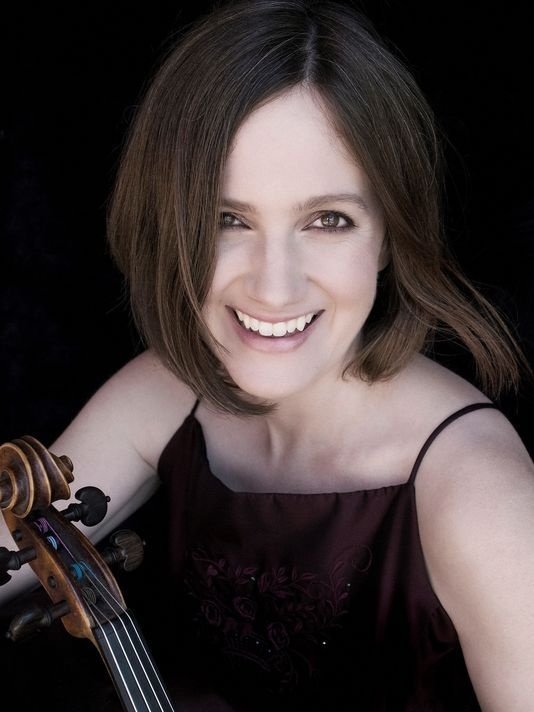
One of the many things I loved about having a career in a professional quartet was the chance to travel. Playing music afforded me the opportunity to meet so many people across the country and the globe and it became a powerful way to share ideas and learn.
Through all these adventures, I had a particularly thought-provoking experience many years ago that has stayed with me. I was teaching with my Maia Quartet colleagues at the Great Wall International Music Academy outside of Beijing. This was my first trip to China, and I had the privilege of working with many talented young musicians. Communication required some imagination, as my students spoke only a few words in English and I only knew how to count to four in Mandarin. Our instruments became our means for exchanging ideas.
There was one particular session that caused a seismic shift in my thinking. Early one morning, a student group came in and played the first movement of Antonin Dvorak’s “American Quartet." As I listened, I heard a performance unlike anything I had ever heard. I could hear the influence of the Chinese culture and language permeating the group's approach, and this was fascinating to me.
As my response began to take shape, I realized that my own suggestions related to interpretation would inevitably be imbued with my American training and cultural sensibility. Pondering this, I realized that the Maia Quartet’s performance of the “American Quartet" might have sounded just as foreign to Dvorak as this one did to me. I also considered in that moment how Dvorak, as a Czech composer, had written the “American Quartet" while visiting the Czech community of Spillville, Iowa — thus adding yet another layer of complexity to interpreting this particular piece. What was the most authentic way to approach this piece? This conundrum stayed with me over the years.
What does it mean to perform music from a different cultural perspective than the one in which we were raised? How do we understand and do right by the music when we inherently bring a different cultural vantage point and a potential set of values. These are challenging questions performing artists must consider every day. How we answer these questions can have significant ramifications on how music is taught and what aspects of a piece of music are brought to the fore.
My colleague Dr. Damani Phillips is raising these important questions in the context of jazz and jazz education in his new book “What is this thing Called Soul: Conversations on Black Culture and Jazz Education.” In his book, Phillips explores what we risk losing if we are not thoughtful about how jazz is taught in an institution that was originally designed to teach European classical music. Reading Phillip’s book was very illuminating to me as I pondered my conundrum teaching Dvorak in China as an American musician. I was reminded that music is an expression of a culture and that an interpretation of a piece of music risks not reaching its fullest potential if there is not some commitment by the performer to listening to and learning from artists who are from that culture.
Creating these opportunities for exchange and learning are key, and it is for this reason Hancher and the University of Iowa’s International Programs have proven to be such excellent partners with the University of Iowa String Quartet Residency Program in helping to bring the Elias Quartet from London this season to help my students and I dig more deeply into these issues. Over the course of a week, we will delve into the study of repertoire from the European classical tradition as well as explore and share new works by American composers such as Jessie Montgomery.
To kick off the residency, the public is invited to attend WorldCanvass from 5:30-7 p.m. Thursday, March 1, at MERGE, 136 S. Dubuque St., with a pre-show catered reception beginning at 5 p.m. The Elias String Quartet and I will join host Joan Kjaer to discuss the themes of nationality in music and storytelling through music. And the highlight of the evening will be the live performance of Scottish music as well as the “Intimate Letters” of Leos Janacek. I hope you can come.
The Elias Quartet residency is supported, in part, by the Ida Cordelia Beam Distinguished Visiting Professorship Program. For information about the quartet's March 6 performance at Hancher Auditorium, please visit hancher.uiowa.edu/2017-18/EliasQuartet.
Elizabeth Oakes is the director of the University of Iowa String Quartet Residency Program in the School of Music.